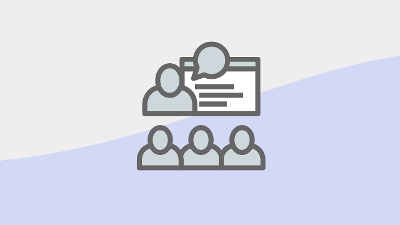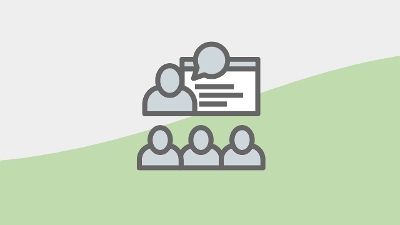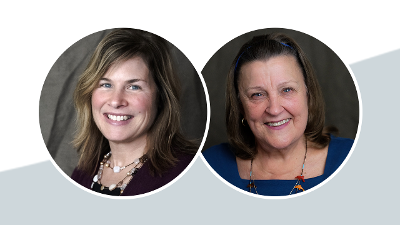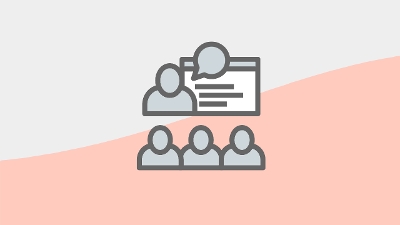Showing results 31-40 of 141 for accessible presentation
Search results
-
Presentation

9:20AM – 10:20AM ET on Thursday, January 30, 2020
Learn how to make self-created K-12 and higher ed STEM curriculum materials - including documents, graphics, and videos - accessible to all learners. The four accessible design principles of POUR will be applied to STEM-related course content through a series of material makeover demonstrations. Common examples of materials created by K-12 and higher ed STEM faculty will be first displayed in traditional formats, followed by POUR-aligned accessible versions. Skills covered in this session will include best practices for writing alt text and descriptions for technical images, charts, and graphics; creating closed captions and audio descriptions for video; the application of MathML in documents and websites to make mathematical and scientific notation accessible; and tools for making coding and basic computer science concepts accessible for all learners.
-
Guide
J. Karger, 2020
This brief presents an overview of the “fair use” doctrine under copyright law in relation to the provision of accessible texts to persons with disabilities.
-
Presentation

3:10PM – 4:00PM ET on Wednesday, October 21, 2020
Join us to learn tips and tricks from our experts including gaining a better understanding of how to increase accessibility for all participants and users, including those with disabilities.
-
Presentation

1:00PM – 1:40PM ET on Wednesday, October 19, 2022
In this interactive session, you'll be introduced to two openly available protocols for evaluating the accessibility of created or curated OERs in a number of formats (Word and Google documents, PDFs, videos, and more).
-
Webinar

3:00PM – 4:00PM ET on Monday, May 11, 2020
Join us for this webinar as we take a deep dive into (1) distinguishing the meanings of "accessibility" and (2) clarifying what it means in the context of access for students with disabilities.
-
Presentation

2:20PM – 3:20PM ET on Thursday, January 30, 2020
Get to know the AEM Pilot, a free, web-based teaching, self-assessment and progress monitoring tool for school districts. In this session, you and your fellow passengers will be guided through the tool, and coaching on how the AEM Pilot can be used in your own settings will also be included.
-
Presentation

8:30AM – 9:30AM ET on Friday, February 3, 2023
Individuals who engage with and serve as members of IEP teams will identify appropriate places within the IEP to refer to a student's need and use of accessible educational materials and technologies.
-
Presentation
2:15AM – 3:15AM CT on Thursday, March 14, 2024
Educators and trainers will learn and explore considerations–including accessibility and Universal Design for Learning (UDL)– for incorporating technology in their classrooms. Participants will learn how to select and use technology that meets the needs of all learners, including learners with disabilities, second language learners, and other underserved populations.
-
Presentation

1:00PM – 2:00PM ET on Friday, March 3, 2023
Individuals who develop Individual Education Programs (IEPs) will identify appropriate places to include a student's need for and use of accessible educational materials (AEM) and related technologies. Participants will be provided with action steps and resources to be prepared for their next IEP meeting.
-
Presentation

3:00PM – 3:45PM ET on Thursday, January 27, 2022
Learn about an openly available protocol for evaluating the accessibility of created or curated OERs in a number of formats, and hear from education leaders in one state who will share their process and lessons learned for vetting accessible OER to support equitable learning opportunities for all students.
